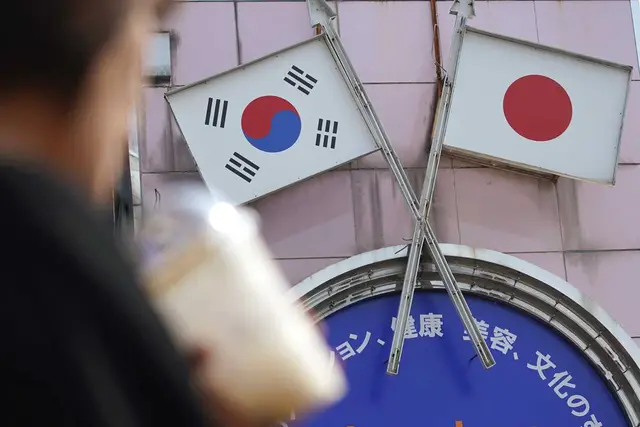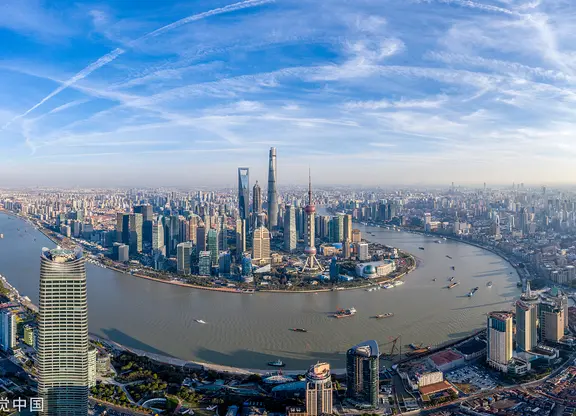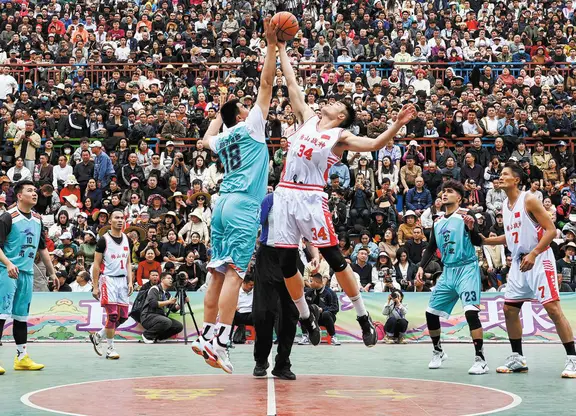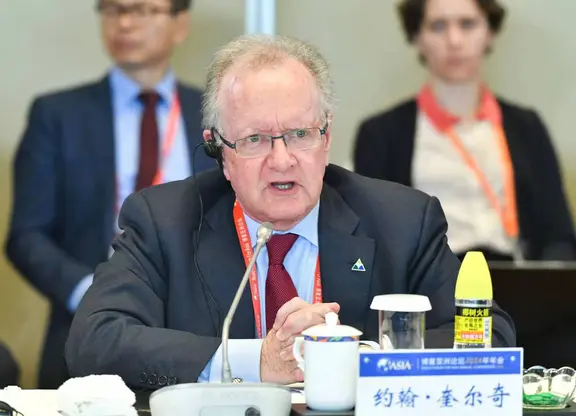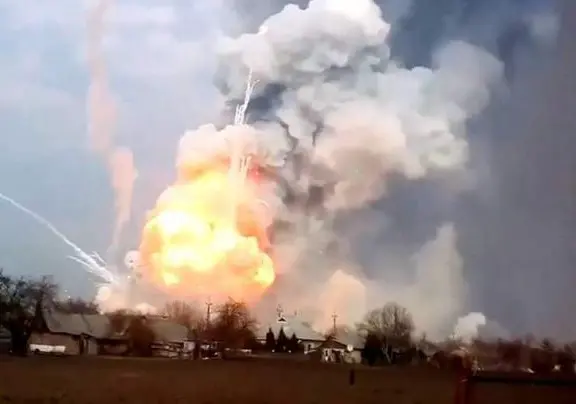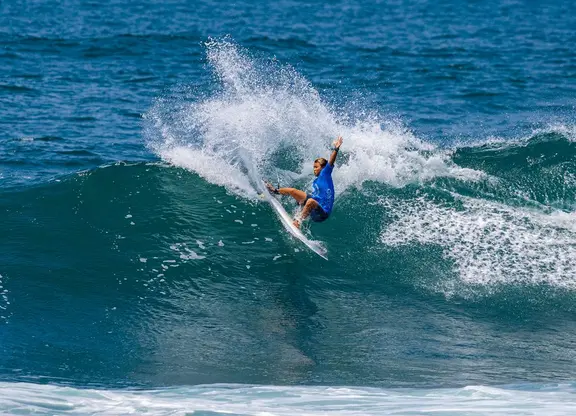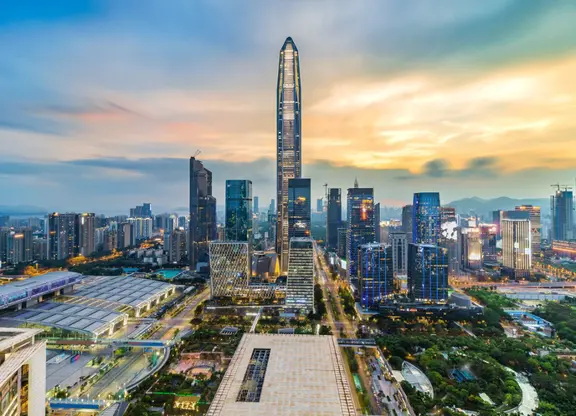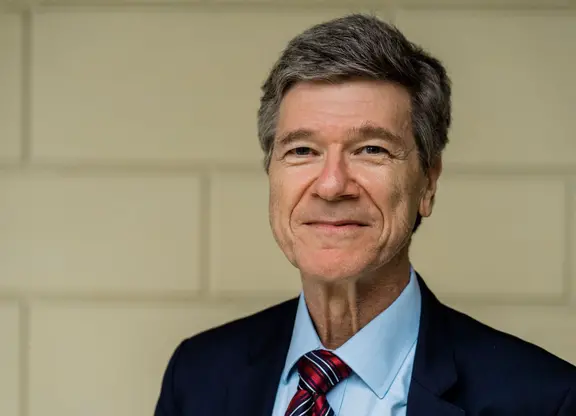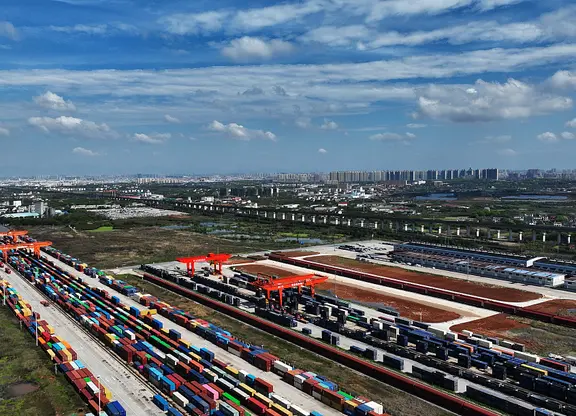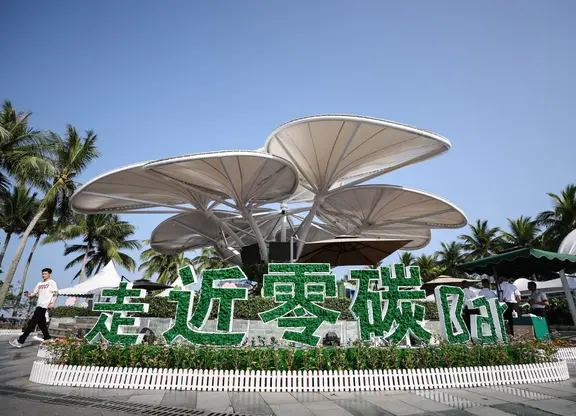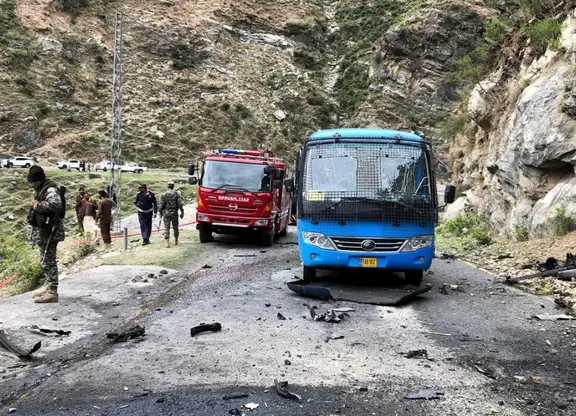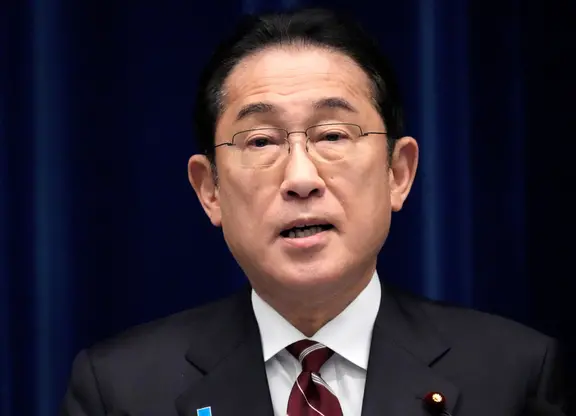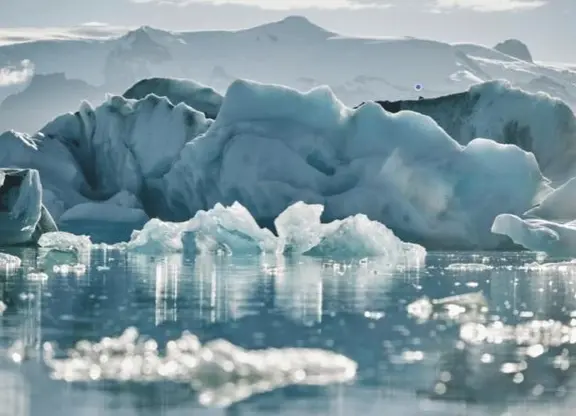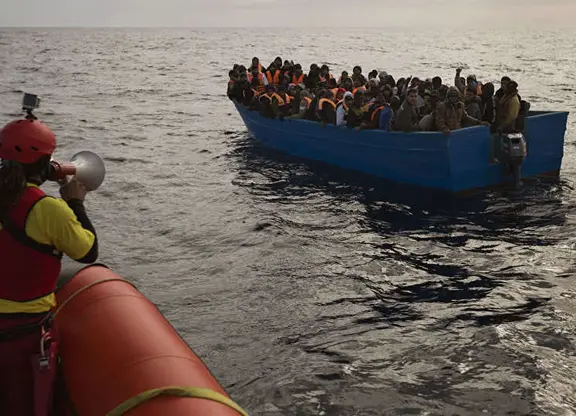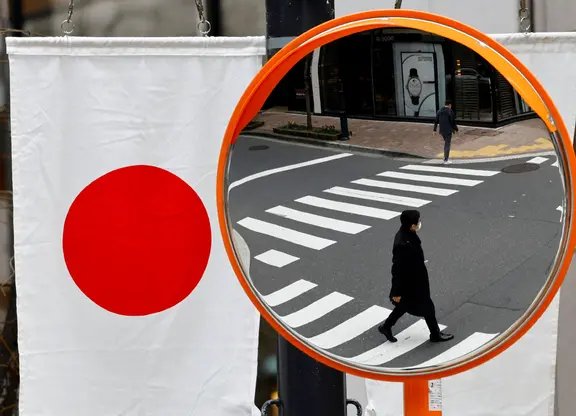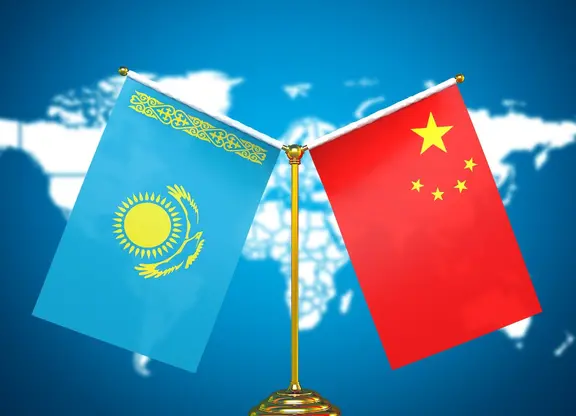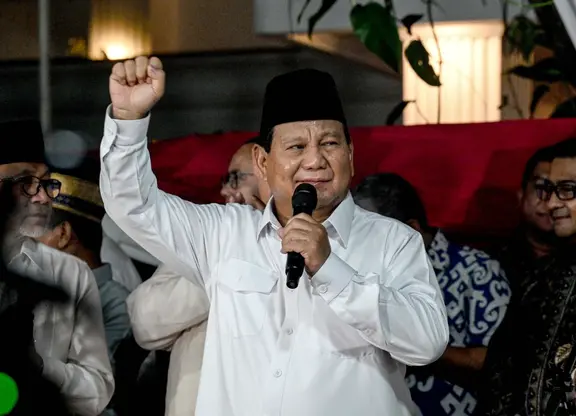Japanese Prime Minister Shinzo Abe embarked on a visit to the US Tuesday and it was reported that he will again play golf with US President Donald Trump on Wednesday. Abe pins hopes on golf to revive a bromance with Trump. "Golf diplomacy" has been a characteristic of Abe's diplomacy to the US. In February and November 2017, Abe and Trump golfed twice.
However, be it the US withdrawal from the Trans-Pacific Partnership, or Washington's direct contact with North Korea bypassing Japan, "golf diplomacy" has yielded little. Trump's acceptance of a face-to-face meeting with North Korean leader Kim Jong-un shocked Japan. Based on Japan's response, the decision was not the result of negotiations between Washington and Tokyo. Japan's Ministry of Foreign Affairs felt the same sense of crisis as when leaders from China and US met face-to-face under the tenure of then US President Richard Nixon.
Japan hopes to take advantage of the framework of Six-Party Talks to ensure its influence on the Korean Peninsula issue. But Trump's unpredictable moves disrupted the plan. Hence Abe will likely highlight the framework of US-Japan alliance and figure out Japan's position in US North Korea policy during this visit.
The worst diplomatic scenario for Japan is that it is no longer regarded as a big power by international society. Take the North Korea issue. It's obvious that Japan was not seen as a party that the US needs to negotiate with.
Moreover, Kim paid an unofficial visit to China shortly after it was reported he was set to meet Trump. During his stay in Beijing, he emphasized that "the DPRK[North Korea]-China friendship, which was founded and nurtured by the elder generations of leaders of both countries, is unshakable. It is a strategic choice of the DPRK to pass on and develop friendship with China under the new situation, and it will remain unchanged under any circumstances." Kim's China visit shows the great importance North Korea has attached to China and the US, indicating Japan has been sidelined.
The economic issue between Japan and the US also deserves attention during Abe's US trip. Although the trade disputes between China and the US have given Japan some maneuvering room, Japan should not forget that Trump repeatedly criticized Tokyo for unfair trade practices during his presidential campaign.
Trump has expressed worries over the US-Japan trade deficit, saying that Japan drops bowling balls on US cars during inspection to shut them out of the market and accusing the Japanese government of devaluing the yen to gain a trade advantage. The Kyoto News warned shortly after Trump assumed office that sluggish demand at home would make the Japanese economy vulnerable to external shock and if a potential change in US trade policy heightens uncertainty about the global economic outlook, it could drag down the Japanese economy, powered by external demand.
If Trump cannot get what he wants from a trade war with China, his next target probably will be Japan and the US must win against Japan, as for the US, losing once can be explained but losing twice would be unacceptable.
Japan is on the list of countries that the US would impose heavy steel and aluminum tariffs. If Abe performs poorly and fails to add Japan to the exemption list during his US visit, Japan will have to pay a dear price economically.
A chain of issues in the diplomatic and economic fields have cornered Abe. If the US and North Korea reach some deal, this will not only affect Japan's foreign policy but also its domestic policy. The Abe government has used North Korean nuclear threats as an excuse to advocate constitutional revision. If there is a breakthrough between Washington and Pyongyang in managing North Korea's nuclear weapons, how can Abe convince the public to support a constitutional amendment?
The cronyism scandal has damaged Abe's reputation. Abe hopes to take the opportunity of his US trip to help him out of a domestic quagmire. However the economic price in exchange for US political support will be paid by the Japanese people. If the expense is unaffordable, the trip will not help him regain approval but will become the last cause of his failure.
(GLOBAL TIMES)
 简体中文
简体中文

